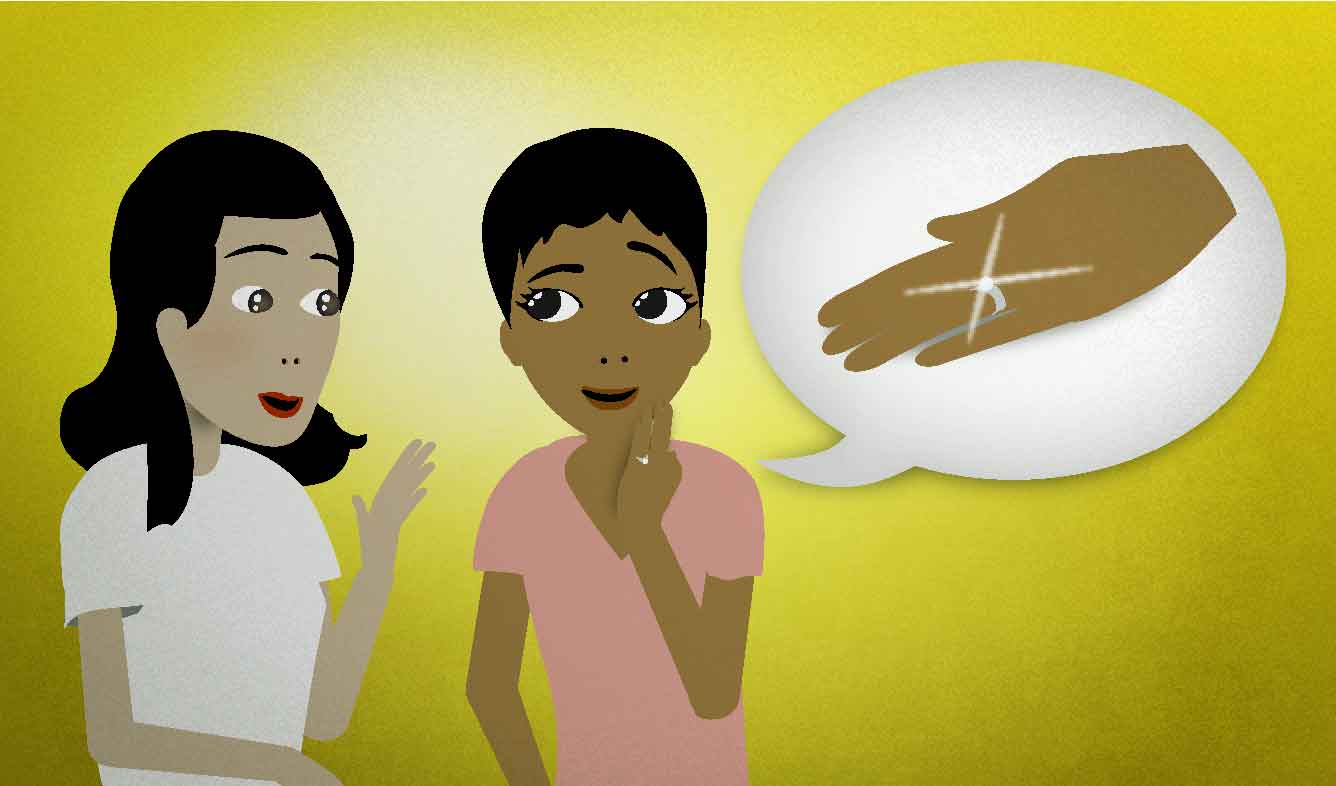“It hasn't really sunk in yet.”
You just got married a few weeks ago. Now you're talking with a friend who asks what it's like being married. You don't feel any different yet from how you felt before your wedding, so you say this.
It hasn't really sunk in yet.
Want Video and Sound? Follow us on YouTube

(something) sinks in
When an idea or thought "sinks in", it means that you notice or realize it. For example:
This isn't something you can just cram for the night before. It takes at least a few days to sink in.
The true meaning of what the Reverend was telling us finally sunk in.
No rush. Take some time, let it sink in, and get back to me with an answer tomorrow.
"Sinking in" is a deeper experience than just "knowing". In the example above, the speaker knows that she's married, but it hasn't "sunk in" yet. She's waiting to not only know that she's married, but also to feel married.
(something) hasn't (done something) yet
"Yet" means "before now" but we only use it with negative sentences and questions:
I haven't finished it yet.
Have you seen it yet?
When people use the word "yet", it usually goes with the perfect form of a verb, like "has done", "has been", "has ___en", and so on.
They haven't started yet, have they?
Have any of you bought one of the new iPhones yet?
In very casual English, people sometimes use the simple past:
Did you buy an iPhone yet?
But a lot of English speakers don't speak this way, and it wouldn't be considered correct grammar in written English.
